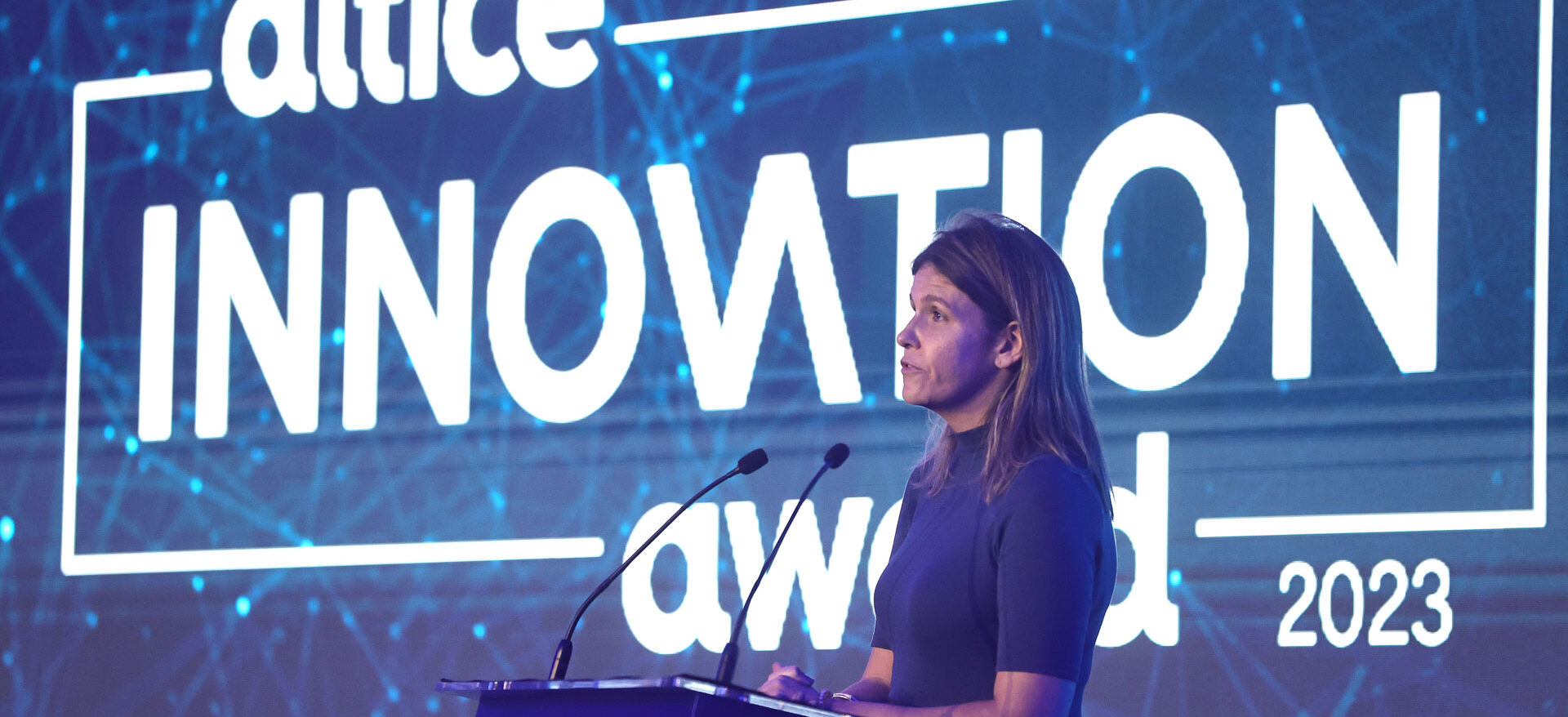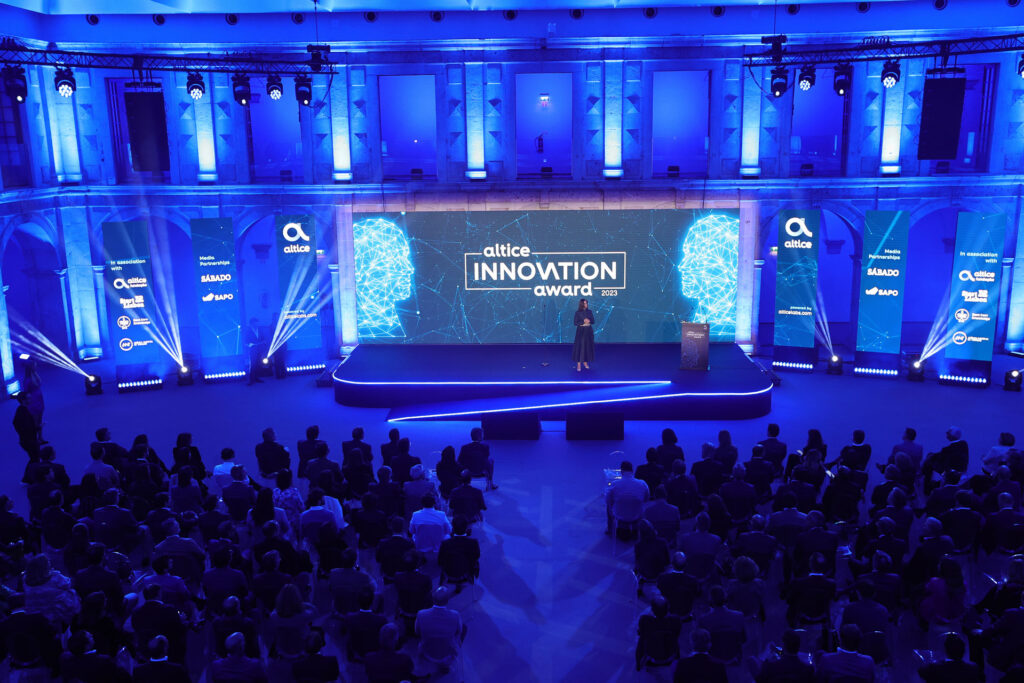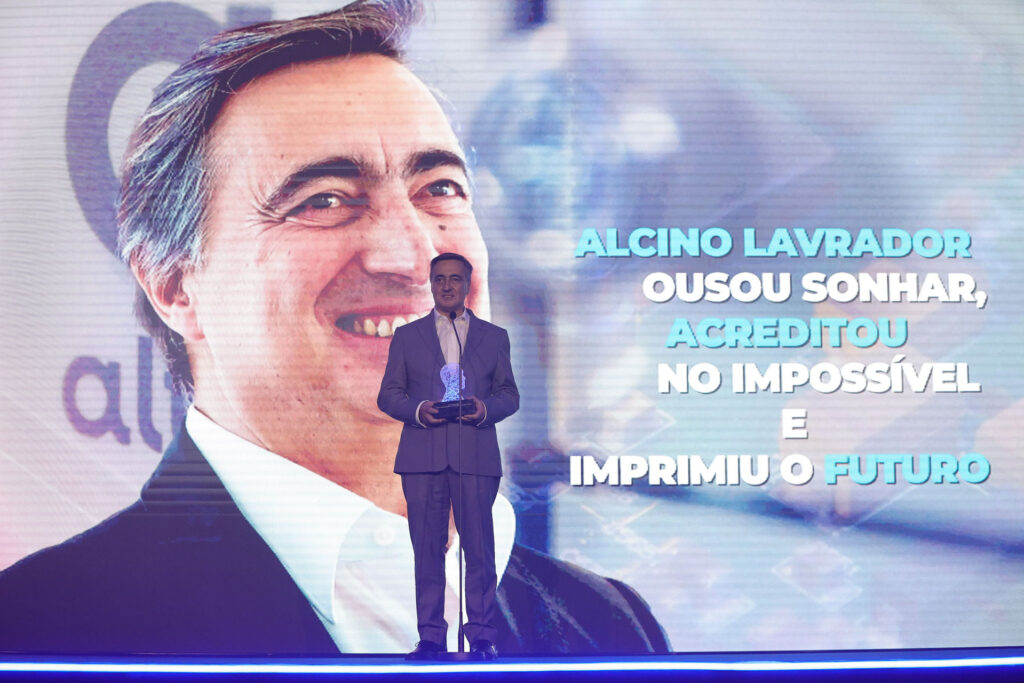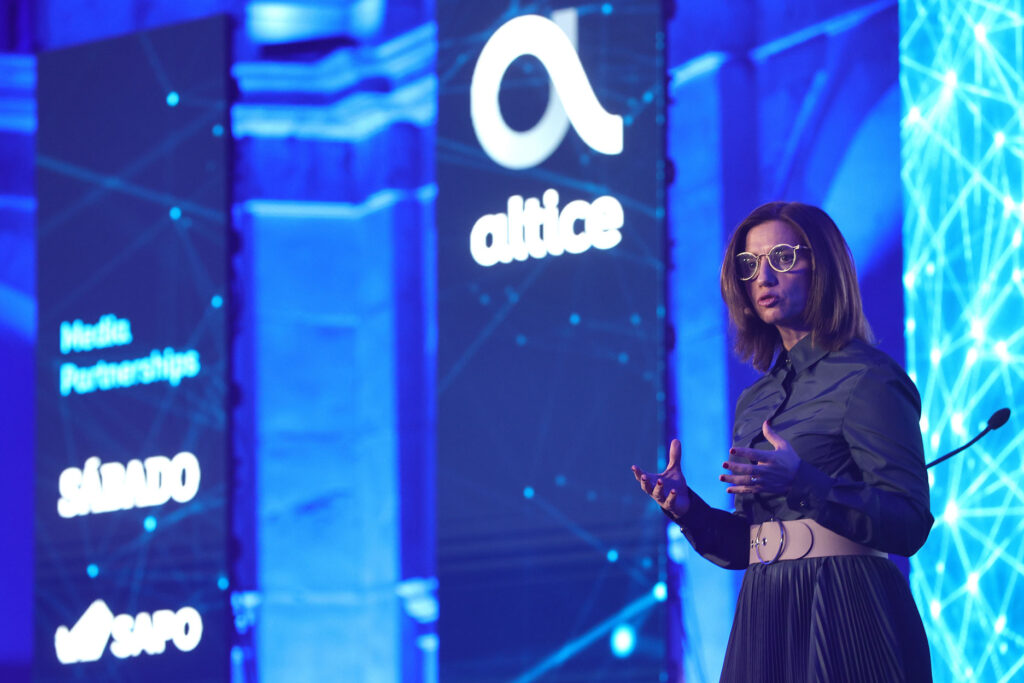One of the categories in the seventh edition of the Altice International Innovation Award was created to focus on inclusion, geared particularly towards helping people with disabilities. Believing it essential to ensure that everyone can safely and easily access public services, but also use and enjoy cities, the Secretary of State for Inclusion made a point of attending the event and calling upon technology to be used to create a fairer society. According to her, “It’s heartening to know that there are bodies, companies and foundations in Portugal working on this issue, promoting more and better technology every day.”
The member of parliament specifically mentioned the Portuguese government’s work done over the years in collaboration with the Altice Foundation in investing in “innovation which promotes inclusion for all,” namely improving public services. Technology has been “made available to those who most need it” and developed “to benefit the deaf, people with visual impairments and, more recently, those with intellectual and cognitive disabilities.”
Ana Sofia Antunes talked of the transposition of a community directive, which she was “especially motivated” to do, which aims to guarantee in Portugal and the other EU member states “that what is produced in the field of technology meets minimum requirements in terms of accessibility.” In other words, it means in practice that companies are obligated to assure that new technologies can be used by all citizens. She added, “We have an adaptation period until 2024, but this was an extremely important step.”
The government created a new technological platform to increase the access of people with disabilities to public services “autonomously, safely and without being excluded”
This has, moreover, been a priority for her team since she joined the government, and although her term is now coming to an end, she will still witness the implementation of a new public project to improve accessibility to government services. “We worked extremely hard, during this phase, on developing a platform which we named Mais Acesso [More Access],” she explains. It entails a set of open access resources which allows users to “identify parking spaces which have been adapted” to people with impairments, “georeferencing in our cities of places where public services are located and information about access to these places” or details of how to get there. Additionally, the new portal will also provide geolocation tools “so that people with disabilities can move and travel autonomously within these customer service spaces in safety and without being excluded.”
Although she is about to leave the government because of the general election having been brought forward to 10th March, Ana Sofia Antunes insists she is proud of what has been achieved in this area. And she points out that the Recovery and Resilience Plan made it all much easier.
“I’m very proud to know that one of the areas that can now rely on fairly substantial financial investment packages is the area of accessibility, be it physical or technological accessibility.”

